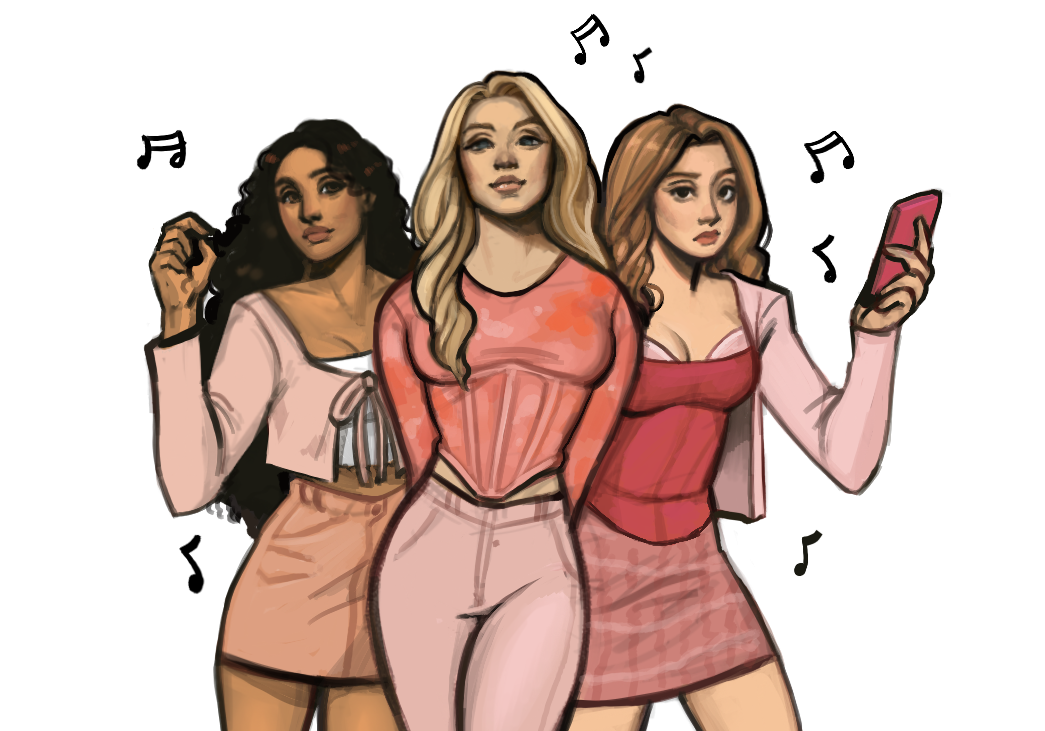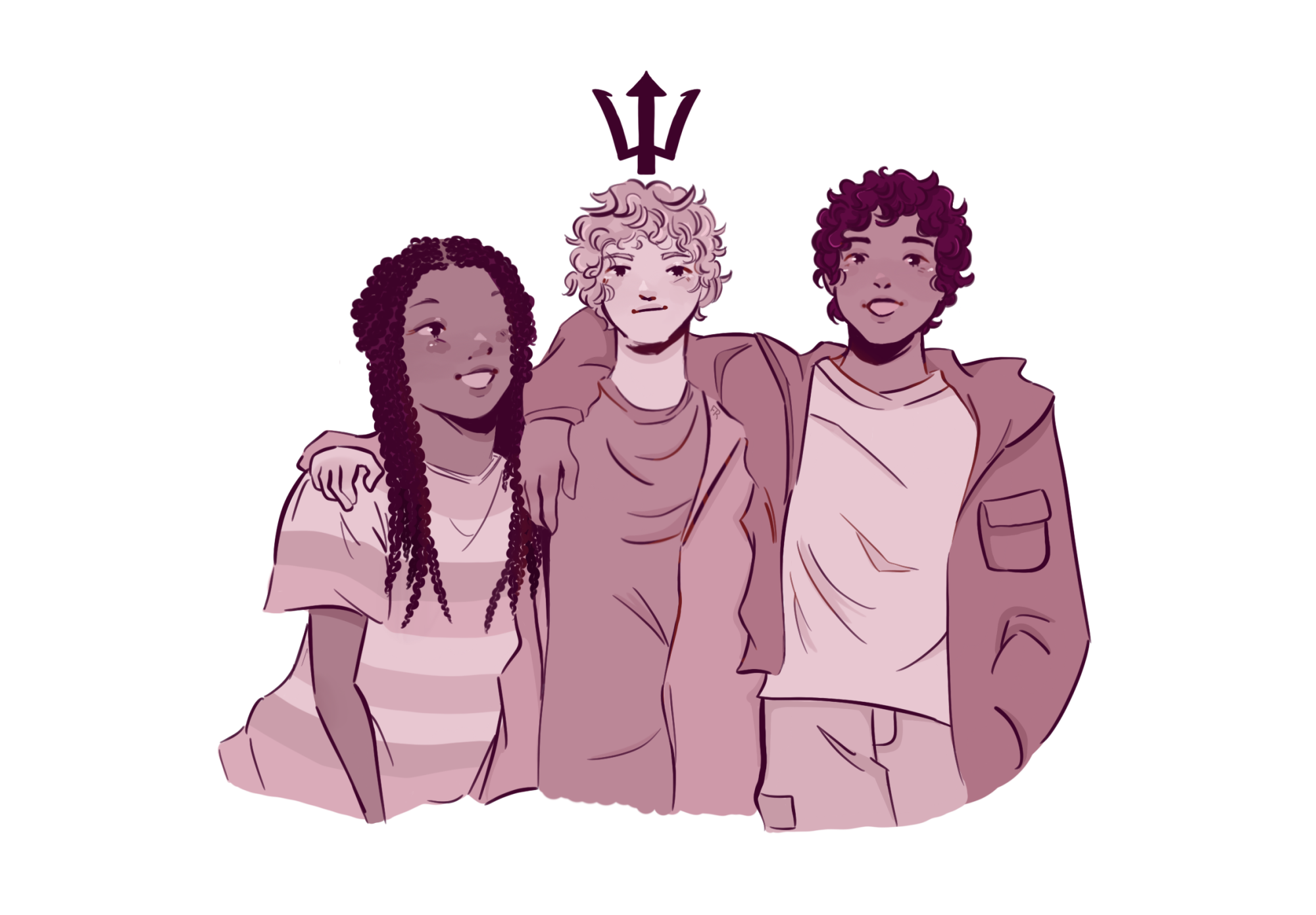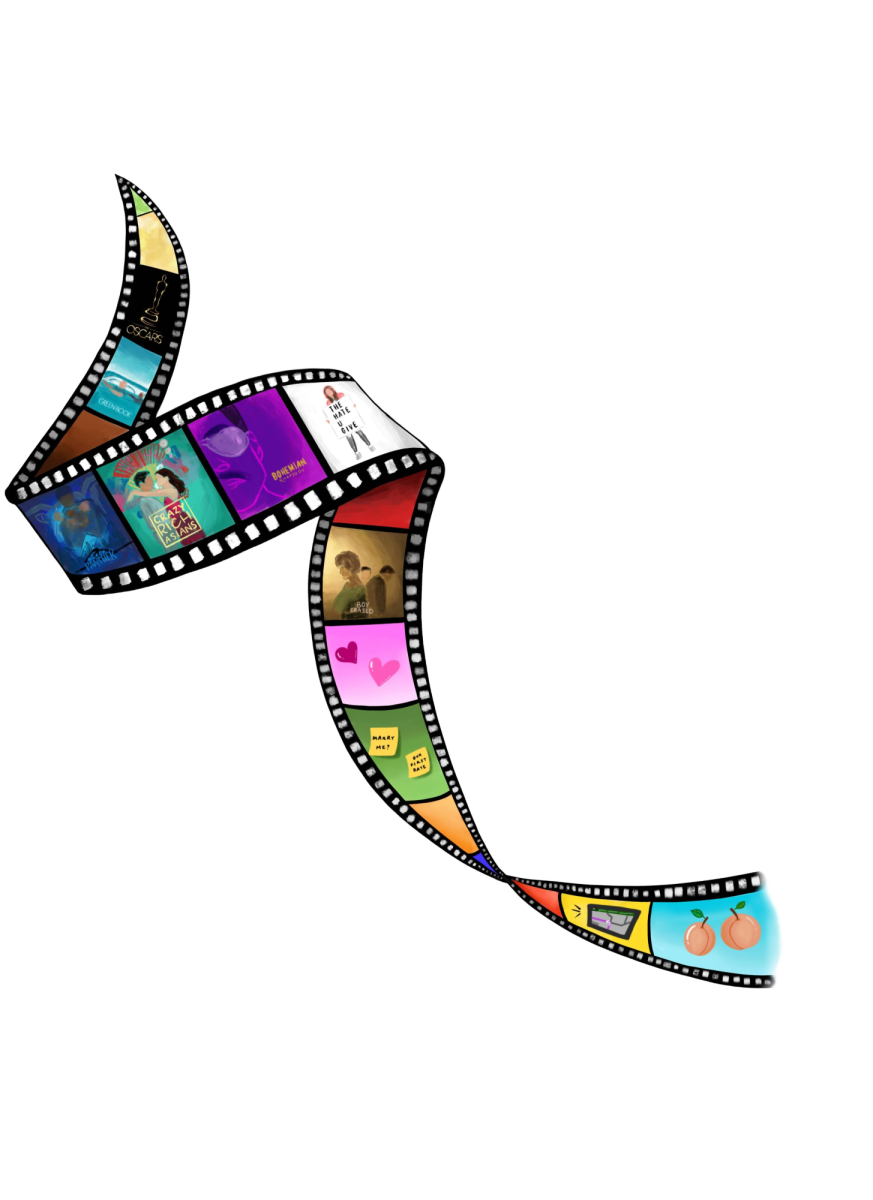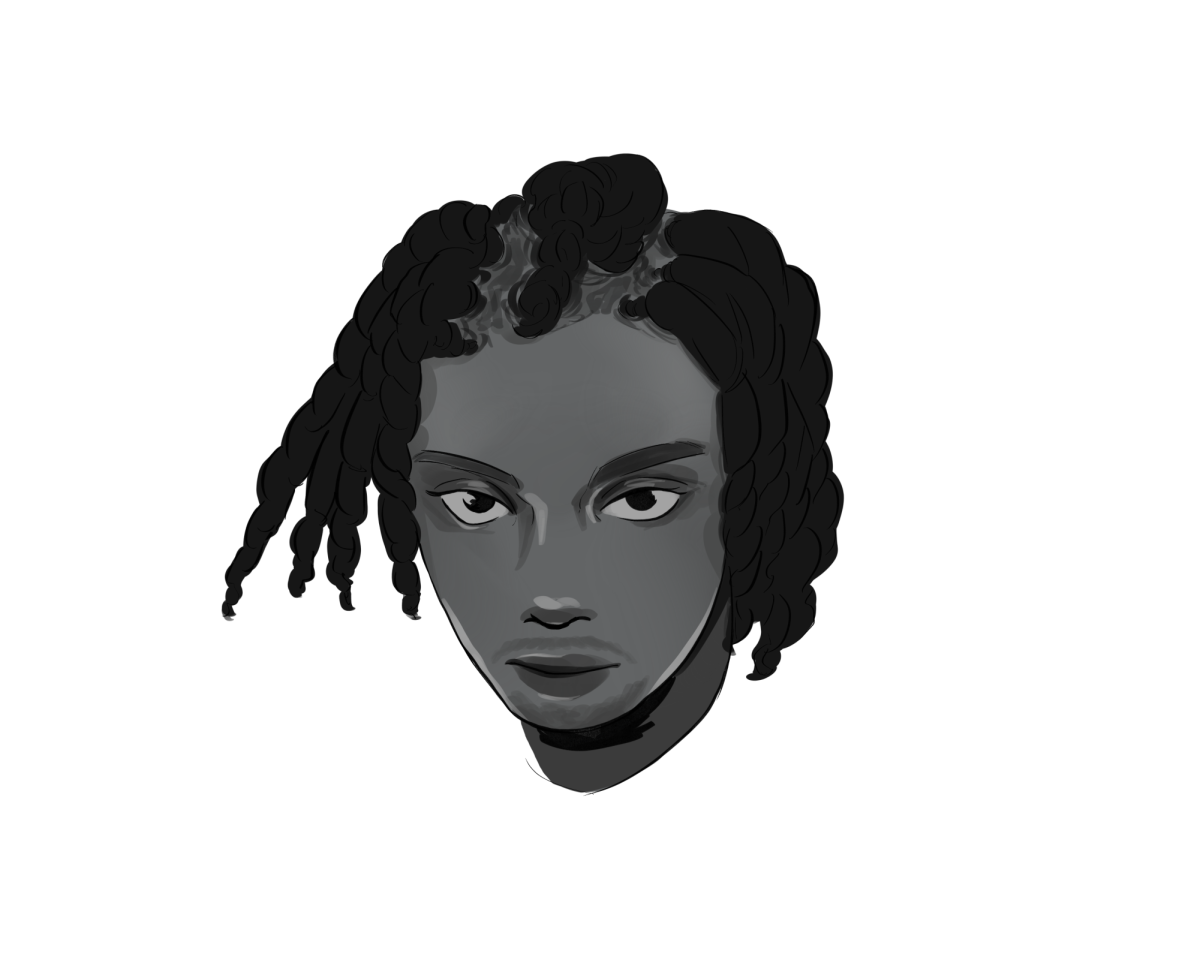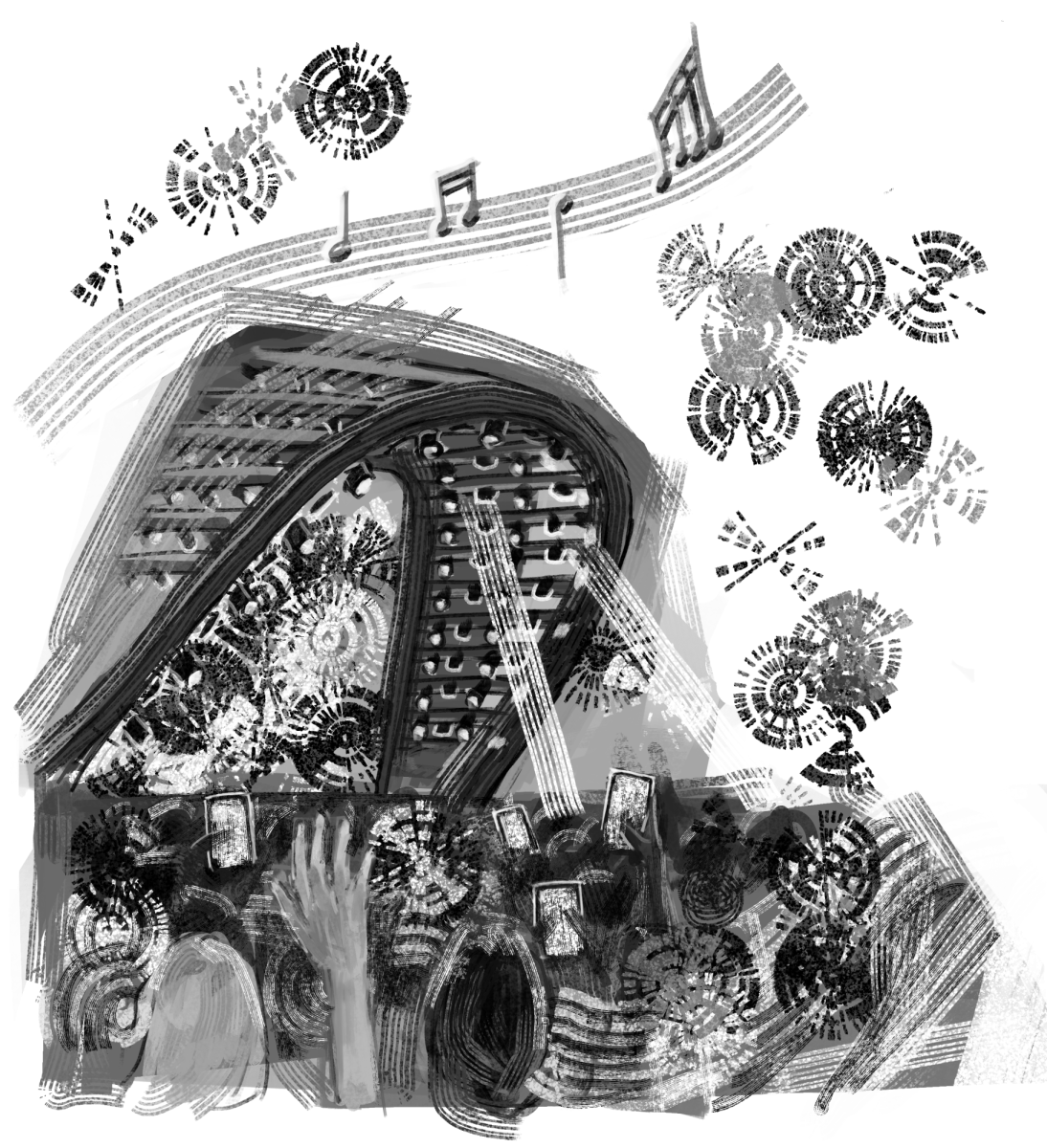On Sept. 8, Icelandic Singer Laufey released her sophomore album, “Bewitched.” I first discovered Laufey when my friend introduced me to her discography; her debut album, “Everything I Know About Love,” exceeded my expectations. The album combined bossa nova elements with vocal jazz and contained lyrical themes that I am sure every hopeless romantic could relate to.
“Bewitched” is similar to her debut but is much more refined and a clear step up. Laufey continues combining modern, lyrical love themes with older jazz-inspired sounds. She impressively broke the record as the biggest debut for a jazz album in Spotify history on Sept. 9. The timeless, magical beauty of “Bewitched” remains constant even from the first single of this era.
“From The Start” was a cute bossa nova jam, and in Laufey’s words, “The ultimate friends to lovers song for all your delusional daydreams <3.” I instantly fell in love with the song with the heavenly instrumentation and her syrupy voice, making it an adorable and very relatable bop. The song has garnered over 100 million streams on Spotify since its release.
The second single, “Promise,” is my favorite song from the album. Laufey typically focuses on themes of being in love, and “Promise” is a step out of this zone as she sings about someone she wishes she could cut off. “It hurts to be something; it’s worse to be nothing with you” is an honest realization that tears at the audience’s heart. Her voice is beautiful and delicate with the piano, and the lyrics are heart-wrenching.
The Third single and title track, “Bewitched,” falls back into Laufey’s typical lovey-dovey themes, and it sounds like it came straight out of a Disney movie. The song has a magical feel, and as Laufey sings about how her lover has “bewitched” her, her voice casts a spell over the listener. With its romantic chord progressions and dazzling instrumental, “Bewitched” is undoubtedly a highlight of the album.
The album’s final single, “California and Me,” features the Philharmonia Orchestra. This is not the first time Laufey has collaborated with them, and her previous track featuring them, “Let You Break My Heart Again,” is one of my favorite songs with its gorgeous instrumentation and relatable lyrics. “California and Me” is freshman Mouna Dantata’s favorite song on the album.
“I find it most fun to weep in my bedroom at 1 a.m.,” Dantata said.
It is easy to see why this song is Dantata’s favorite. It features such a beautiful instrumental, and its lyrics are heartbreaking as Laufey poetically croons on the song, “The mountains of LA will weep through the night.”
Each single is beautifully produced and features star songwriting, an impressive feat as nearly all songs on “Bewitched” have only one writing credit besides Laufey. After listening to all four singles, I was excited about the album’s release.
When the album began with “Dreamer,” I knew that this was the album of the year. “Dreamer” is painfully relatable, as Laufey swears off of love, but she knows at heart that she is still a hopeless romantic and yearns for a relationship. While themes of falling in love are still ever present in “Bewitched” with the intimate “Must Be Love,” the dreamy “While You Were Sleeping,” the bittersweet “Haunted,” and the grand “Lovesick.” Yet the album still manages to venture into different territories, with the heartbreaking “Second Best,” where she sings, “You were my everything / I was your second best.”
She covers the classic “Misty,” yet she still manages to make it her own. “Misty” is followed immediately by “Serendipity,” another love-filled ballad, gentle and delicate. The album’s penultimate track, “Letter To My 13-Year-Old Self,” is the growing-up ballad for all growing-up ballads, with heartfelt lyrics as Laufey sings the message to her younger self, letting her know that things will get better. One complaint about the album is that the order of the tracks was a bit disorganized, and listening to “From The Start” right after “Promise” was a little awkward. Overall, “Bewitched” is a gorgeous album with its refreshing bossa nova and jazz sounds, Laufey’s beautiful voice and stellar songwriting. It’s definitely the album of the year.

